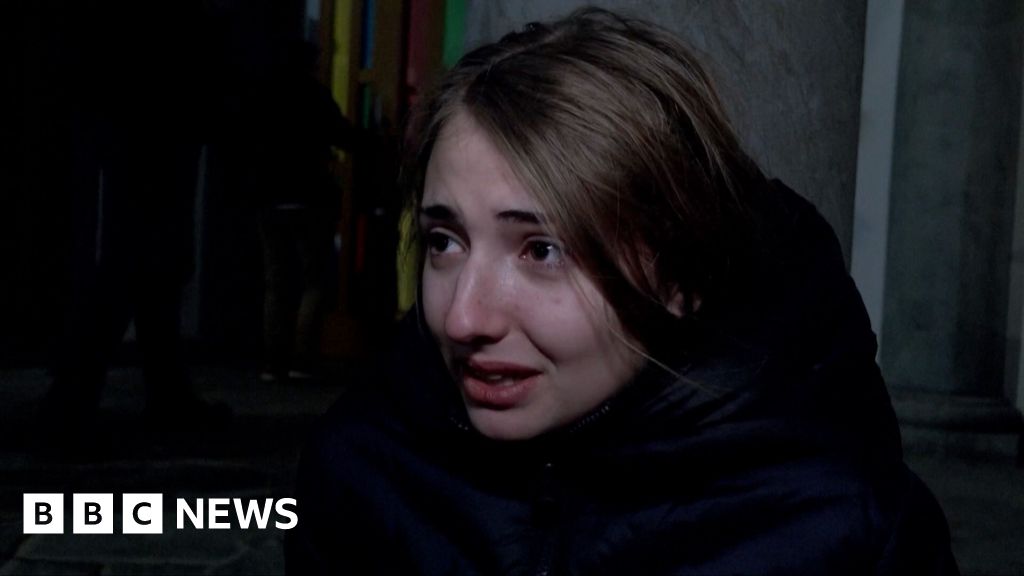Survivor says she lost sight of friend while escaping fire
A survivor of the fire that broke out in the early hours of New Year’s Day in the Swiss ski resort of Crans-Montana described how she lost sight of a friend while escaping the flames.
“I held my friend’s arm, but… I climbed up the stairs and let go of his arm. He’s not answering me anymore,” the young woman said in tears.
Around 40 people died in the fire and 115 others were left injured.
